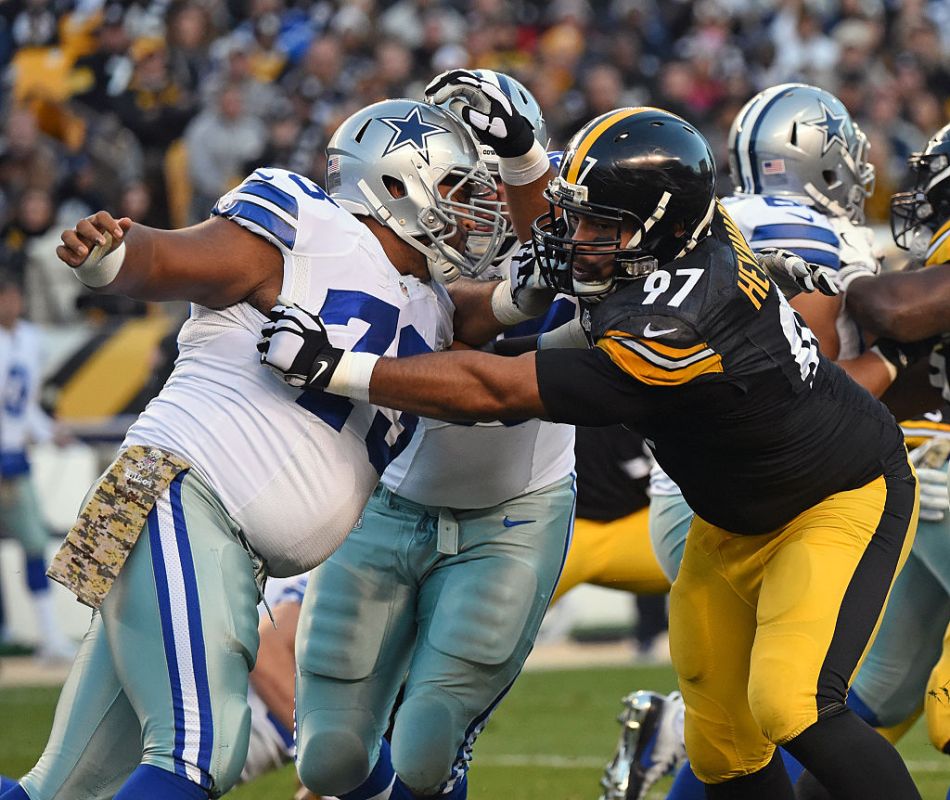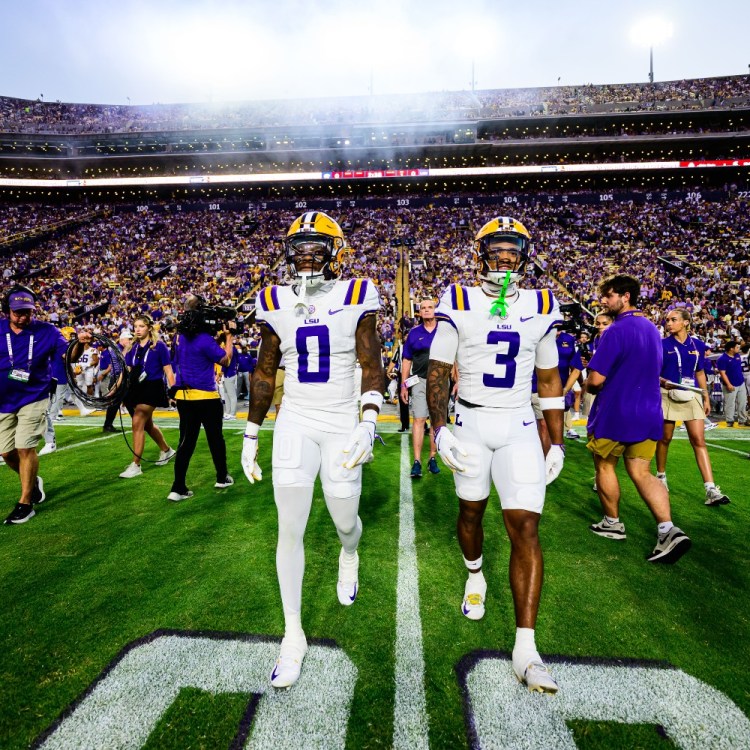Concussions and head trauma get all the attention, but obesity is another big health problem among retired NFL players, especially linemen.
Since a premium has been placed on protecting and sacking the quarterback, offensive and defensive linemen in the NFL have been getting bigger and bulkier in the past few decades, often topping out at well over 300 pounds.
However, once these men retire and are no longer working out or eating like an NFL player, that extra mass can be very difficult to lose. That’s especially true because many have sustained damage to their feet, knees, backs and, shoulders which make it difficult for them to exercise.
Compared to the general population and even other NFL players, former linemen, have higher rates of hypertension, obesity and sleep apnea.
Though the NFL does offer retired players medical exams, health club memberships, and other services, it often isn’t enough to help linemen lose enough weight to be healthy and many of them remain obese.
“Linemen are bigger, and in today’s world, rightly or wrongly, they are told to bulk up,” said Henry Buchwald, a specialist in bariatric surgery at the University of Minnesota. “Their eating habits are hard to shed when they stop playing, and when they get obese, they get exposed to diabetes, hypertension and cardiac problems.”
Whether you’re looking to get into shape, or just get out of a funk, The Charge has got you covered. Sign up for our new wellness newsletter today.


















